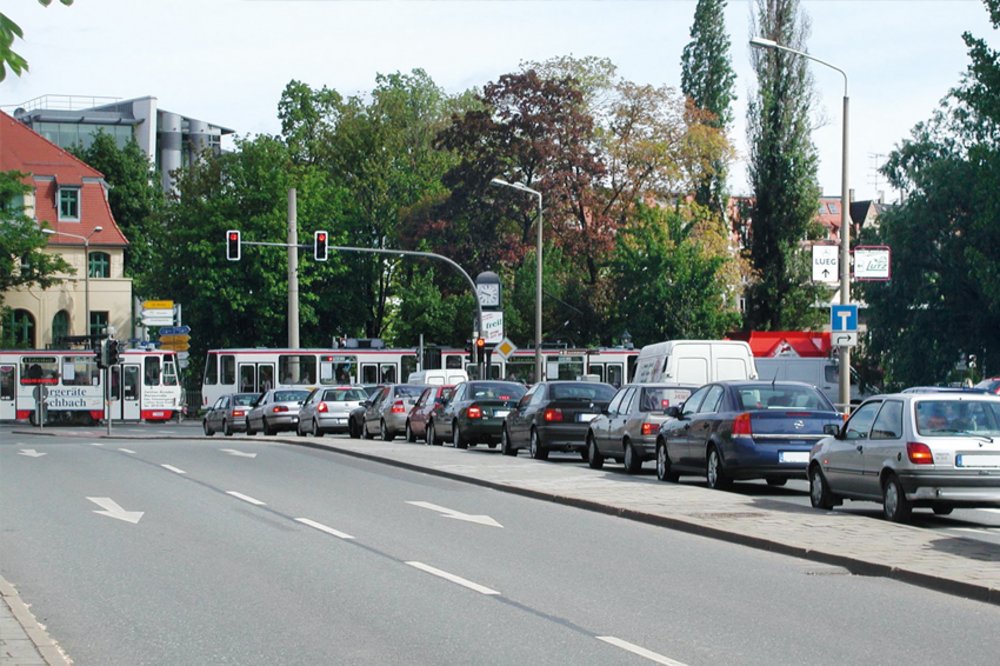Z-Move 2025: Mobility management for the city of Zwickau
For sustainable and environmentally friendly transport development
As part of the “Z-Move 2025” research project, a mobility management platform was developed for the city of Zwickau that bundles a wide range of mobility data and makes it available as a publicly accessible support tool. The mobility platform enables users to optimize their transportation decisions, discover alternative mobility options, and use them in a targeted manner.
In this way, the platform can contribute to a sustainable and environmentally friendly development of transport in Zwickau. Providers can also tailor their offers to user needs and improve interfaces between offers. In addition, the platform is to aggregate (mobility) data to serve as a planning basis for the transport infrastructure.
A participation process designed and implemented by bifa was used to design and integrate a wide range of city administration data in a needs-based manner.
What happens next?
The continuation of research projects in municipalities often presents a considerable challenge. Frequently, it is limited-term funding that makes the implementation of such projects possible, while after the funding phase there is a lack of long-term structures and resources to permanently integrate the knowledge gained. To meet this challenge, close interlinking of research, practice and politics is essential. Demonstrating the added value of the solutions, planning at an early stage to secure resources and the commitment of all stakeholders involved are crucial to ensure the sustainability and success of projects such as Z-Move 2025 in the long term. Therefore, under the direction of experienced bifa moderators, strategies for continuity were developed in a “roadmap workshop” with experts from the ubineum and representatives of the Zwickau city administration.
Roadmaps: From the goal back to the present
Using the backcasting method, the participants worked their way backwards from an ideal vision of the future to the present. They identified necessary steps, responsibilities, costs, possible obstacles and corresponding solutions. This method enabled the participants to think beyond their usual day-to-day administrative work and develop visionary approaches. The workshop generated creative ideas for long-term implementation and highlighted the importance of interdisciplinary cooperation for sustainable project success.
The positive response from participants showed how valuable it is to break out of everyday structures and creatively shape the future of the city. The workshop not only provided added value in terms of expertise, but also offered an inspiring change from the classic work environment.
